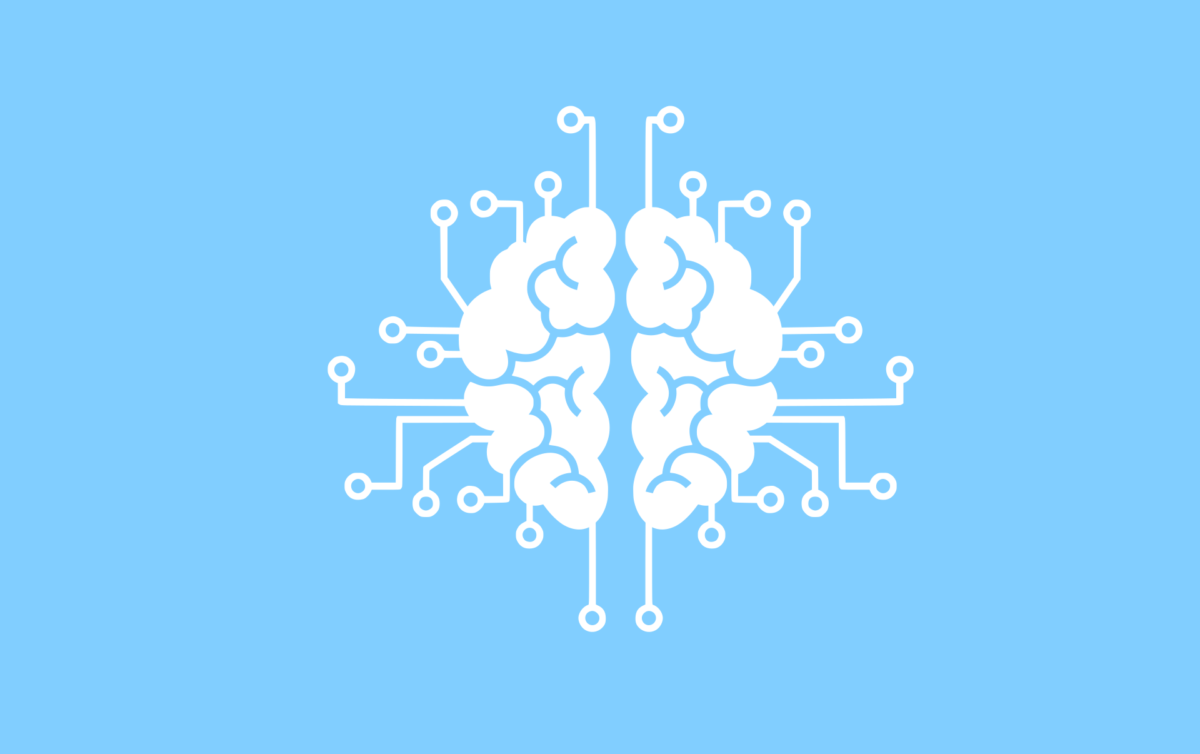The opportunities that have become available thanks to artificial intelligence (AI) and machine learning (ML) for various industries, including banking, agriculture, marketing, gaming, and others, have not gone unnoticed by various pharmaceutical companies, medical equipment suppliers, hospitals, and clinical centers.
AI, which goes hand in hand with machine learning in healthcare, has ushered in new milestones in the sector in 2021. However, despite the huge number of opportunities in the field of production of more effective drugs, the creation of independent robotic surgeons, and much more, there are also risks associated with the fact that at the moment people are not yet ready to welcome the diagnosis and operation of robots with open arms.
In this article, we will highlight the major developments in healthcare that have been made possible by AI and ML in 2021.
Investments
Compared to previous years, when the percentage of investments dropped significantly, we saw this indicator greatly go up in 2021. The whole world, including pharmaceutical companies, field specialists, as well as service and medical equipment providers, were busy with global issues related to coronavirus infection. Three years ago the number of transactions related to financing in artificial intelligence was less than 15, but two years later this figure rose to 56. Companies are slowly returning to the usual order of things, but they are starting to take more active steps to develop the use of these technologies.
Against the backdrop of such growth, we were able to see a huge number of companies invest in this area, for which the concept of AI and ML is not an empty phrase. Among all, Novartis, AstraZeneca, Philips, and Roche can be noted. In the future, the list of such companies will only expand, and the world will see new fresh solutions that will revolutionize the healthcare industry.
Drug Research and Development

If we talk about large pharmaceutical companies, then their investments in these technologies are related to the fact that they help to develop new effective medicines faster and with better quality. Today, if you continue to be guided by outdated traditional methods, you can find yourself behind other competitors, who will, time after time, at a rapid pace, bring to the market medicines that can help patients fight their ailments more effectively.
Companies such as Exscientia, Valence Discovery, and Baidu are moving in this direction by leaps and bounds. The first of these companies, in 2021, announced that AI helped develop a special molecule for a drug that can help cancer patients protect their immunity, which is catastrophically affected by cancer and chemotherapy. In addition, Exscientia managed to conduct even the first phase of testing with AI. The use of such technologies has helped this company to attract funding that will help scale the business. The funding level has reached $100 million.
Implementation in the Activities of Health Care Providers
The acute problems that have arisen due to the large-scale coronavirus infection around the world have proved that AI and ML are more necessary than ever in this field. It all started with the fact that sales volumes, as well as the number of face-to-face services, collapsed. However, these technologies helped with a quick transformation: all meetings went online and software based on these technologies helped to process unprecedented amounts of data in the shortest possible time. Moreover, users of these technologies were able to receive not only analyzed information, but also ready-made solutions that helped maintain high-level performance.
AI has also been invaluable in monitoring all the consequences and side effects associated with the invented vaccines, which passed the approval stage too quickly due to the magnitude of the disease. In particular, AI has been used by the Medicines and Healthcare products Regulatory Agency (MHRA) to run a process to track any problematic issues associated with new drugs. All patients could contact the agency directly and report all incidents without face-to-face communication.
Process Management in Hospitals
In recent years, due to the global pandemic, the issues of optimizing processes in hospitals have become more relevant than ever, and in 2021, AI and ML have contributed to solving these issues. The proposed solutions were associated with the use of more robotic technology, as well as the distribution of patient care based on the urgency of treatment. Systems have been developed to determine the degree of urgency and help patients, especially those in particular need, more quickly.
In the future, it is planned to use ML on an even larger scale. In 2021, negotiations took place between two companies, Medical Device Network and Alife, on the use of this technology in improving the processes associated with fertilization outside the body.
Many mobile applications have been created that can be used by everyone. One of these applications is designed to detect cognitive impairment without visiting a doctor and conducting tests. In addition, discussions began in 2021 about creating technology built into residents’ toilets that can analyze excrement at the moment when flushing occurs.
Possible Problems
Much can be said about the possibilities that have become available thanks to these technologies, but if the technologies used, in particular ML, are not perfected, then the scale of the consequences associated with misinterpreting the data can be enormous.
In this regard, every company should be interested not only in keeping up with the times but also in worrying about security issues and data quality. Therefore, at this stage, it is too early to say that such technologies can replace highly qualified specialists. Rather, we can only say that they provide effective assistance. Experts should continue to use AI and ML technologies, but check the received data to make sure that decisions are made correctly.
Conclusion
In 2021, there have been massive changes in the field of application of AI and ML in the field of healthcare. The scale of application is amazing and, in the future, we can only expect even more use of such technologies in this area.
